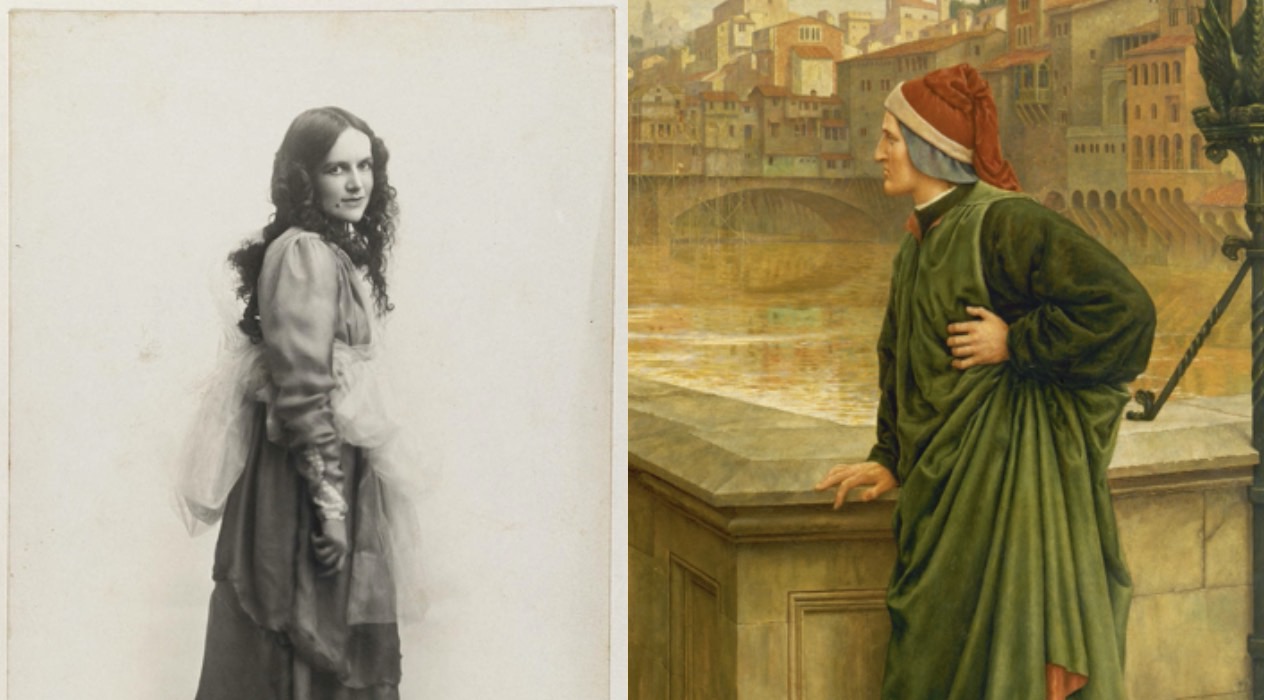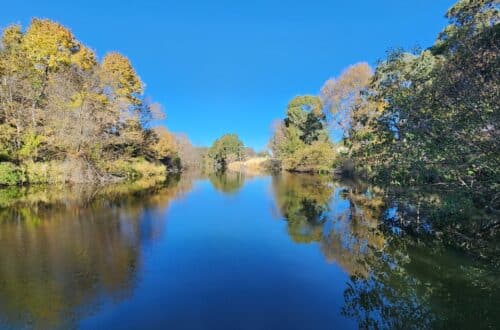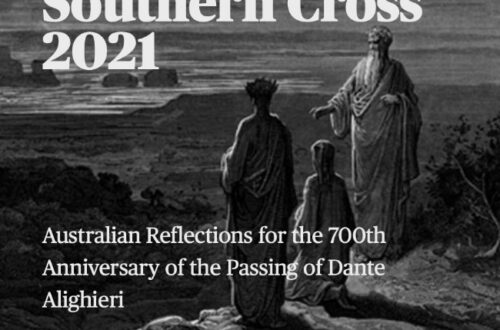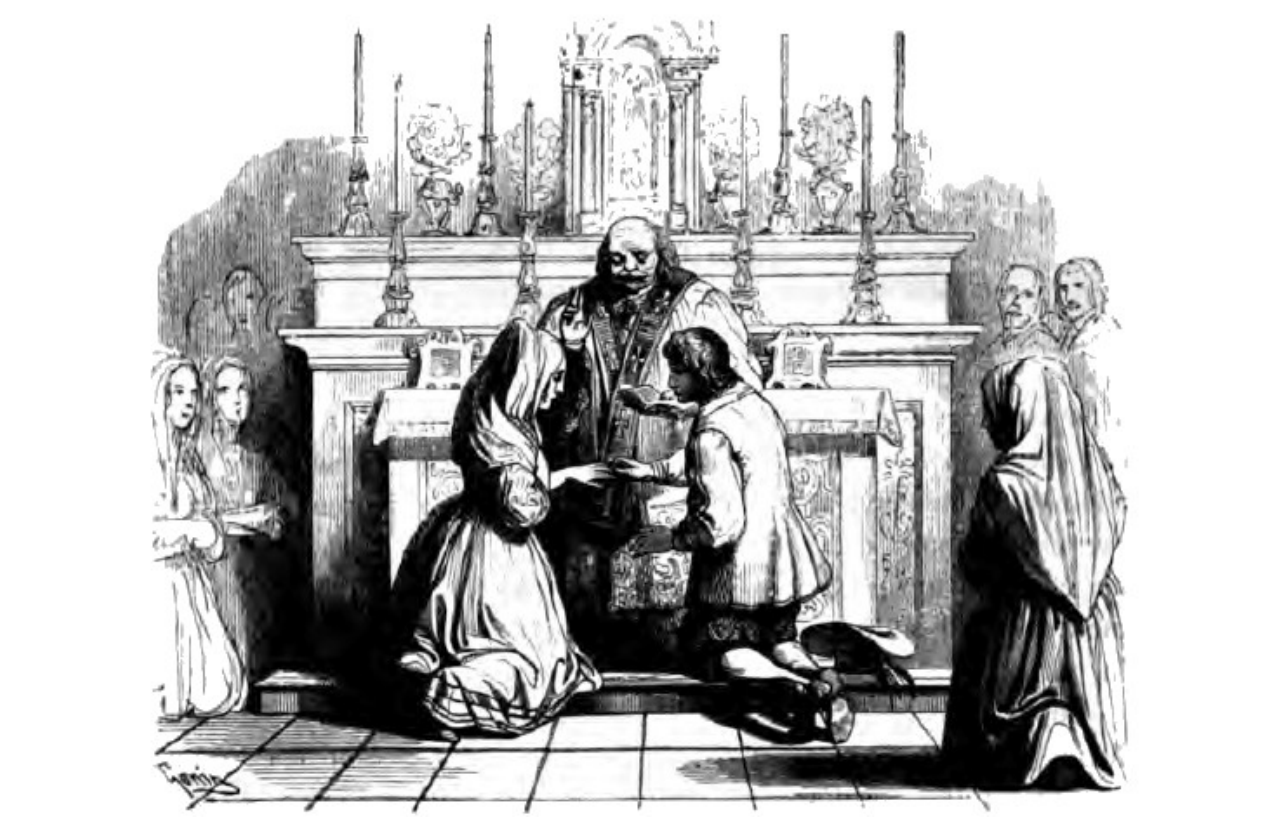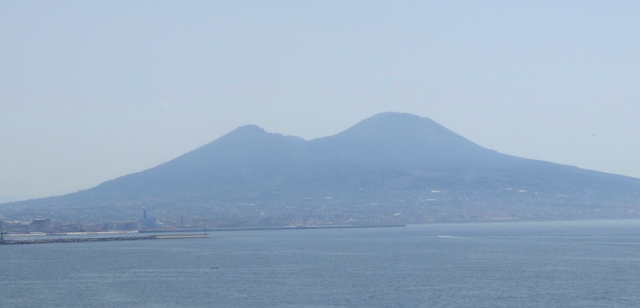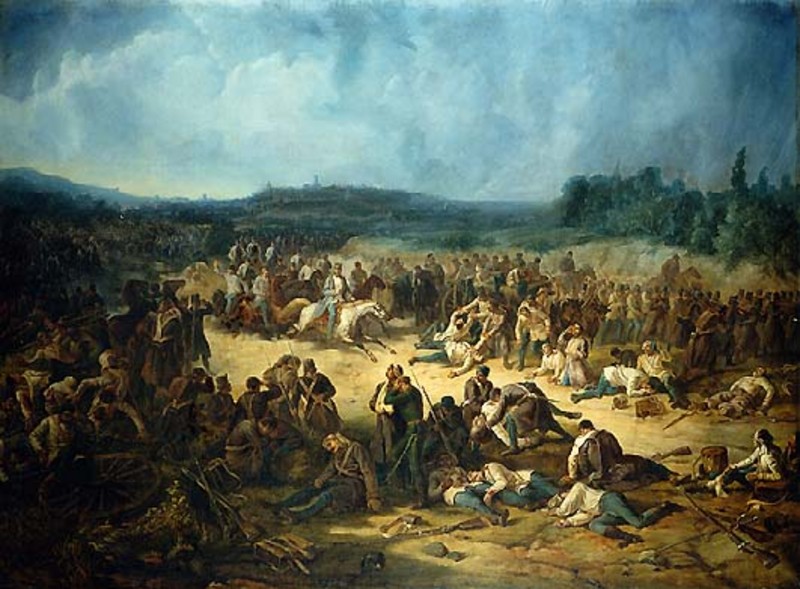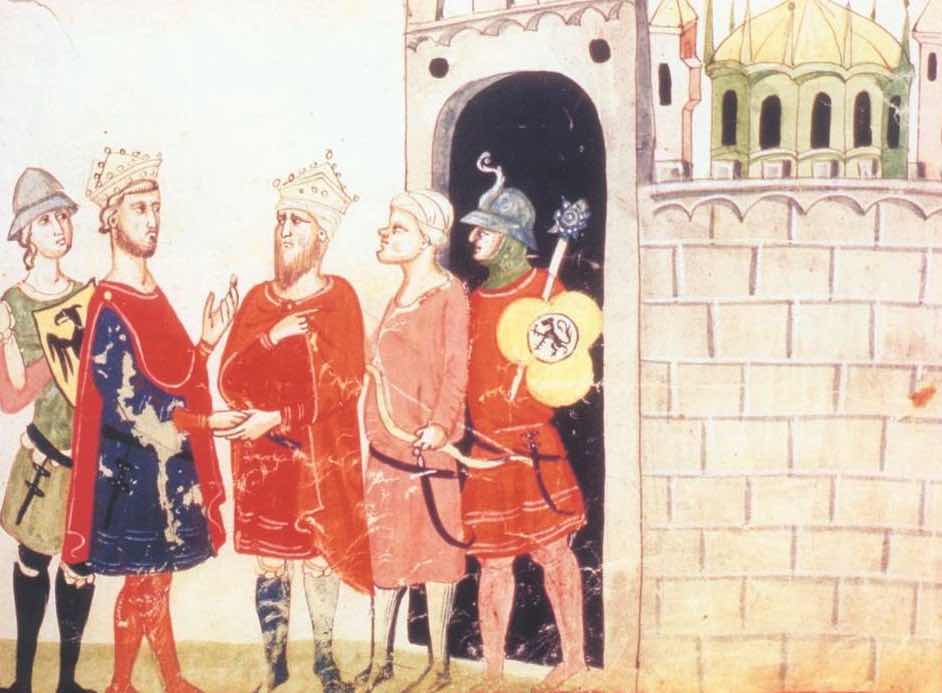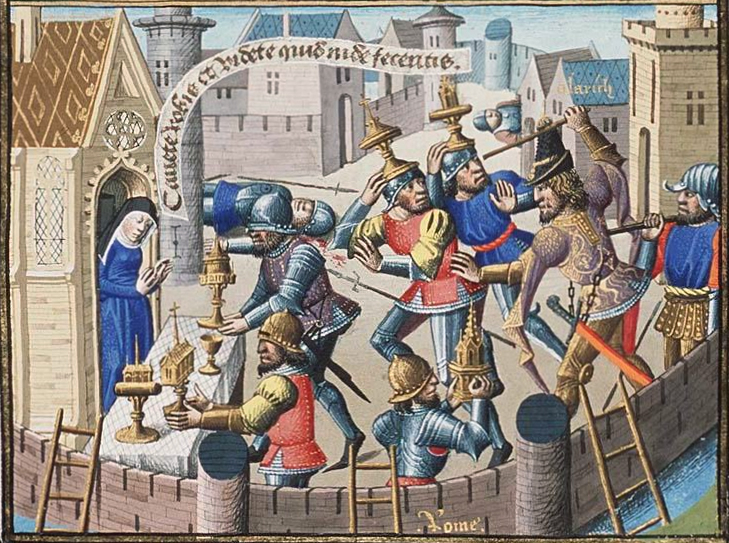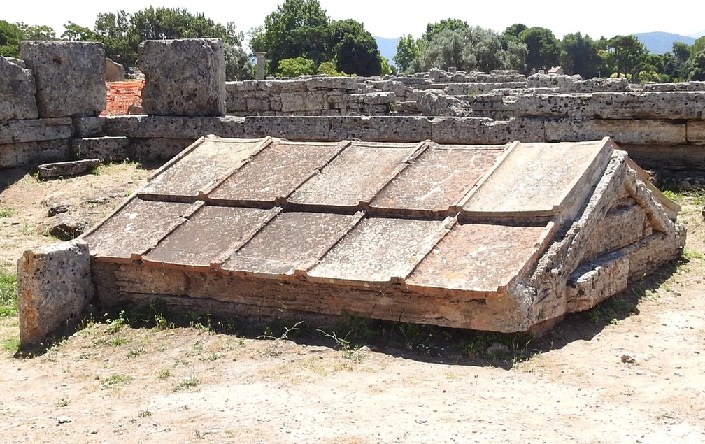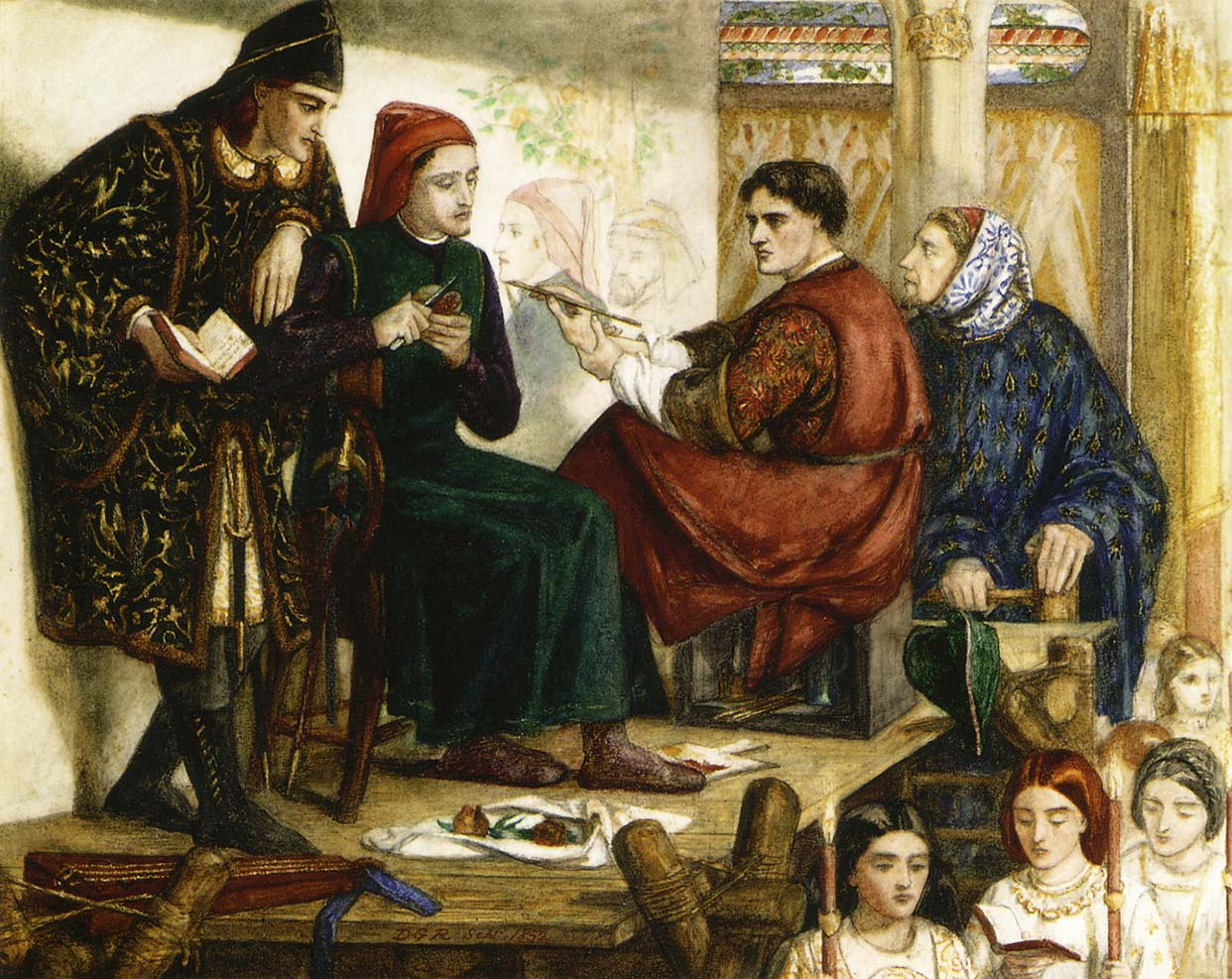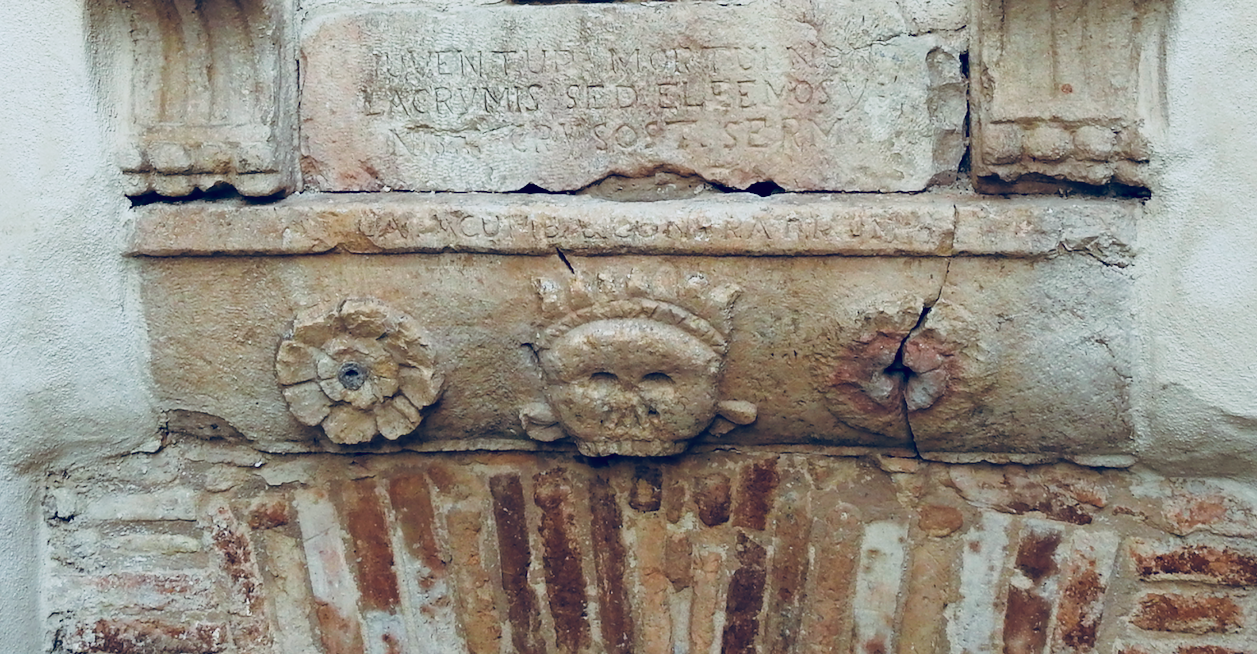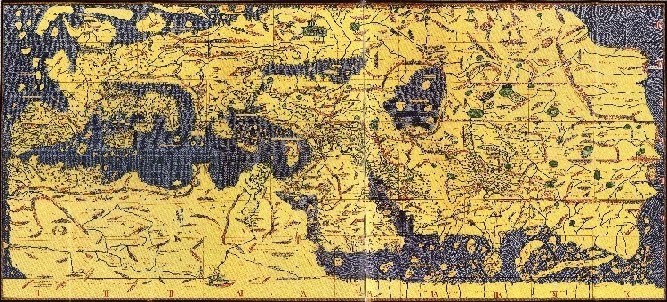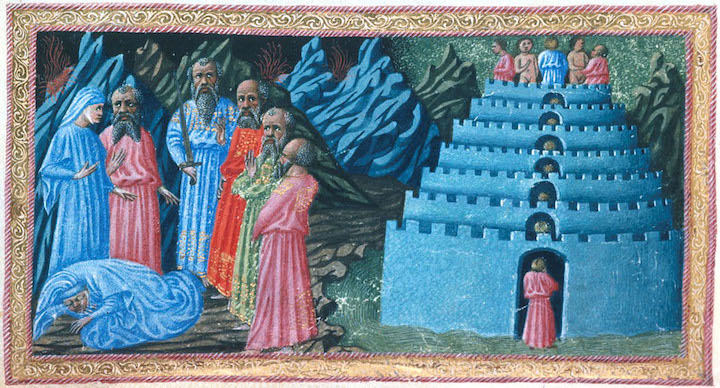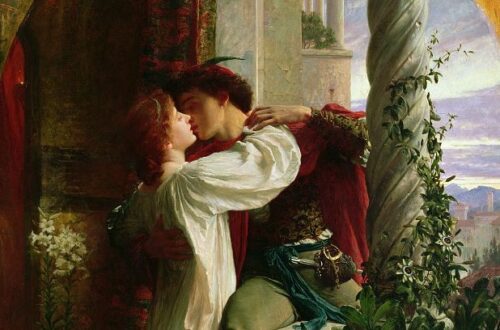Italian Identity
-
Dante Alighieri in a Wide Brown Land*
On the hill beyond Canberra’s lake we do not find ourselves in Dante’s dark wood. Instead, the hundred carefully nurtured forests of the National Arboretum surround us. Some of its trees are from Australia, but many are from far beyond. As we appreciate their beauty, we see that these forests can symbolise Italians in Australia,[1] for we are part of the diverse heritage of this continent. Yet as our eyes turn to the ridge near the Himalayan Pines, we see a rusted monument rise from the land before us.[2] It is timeless, as it proclaims Dorothea Mackellar’s words “Wide Brown Land”. She wrote them about Australia in 1907; a young…
-
Alessandro Manzoni and the Betrothed (I Promessi Sposi)
Alessandro Manzoni is a talented story teller and a perceptive observer of character. His novel, the Betrothed (I Promessi Sposi) has been celebrated as a gem of Italian literature ever since its publication. It is readily available as a physical, ebook or audiobook (see below) and several movie and serial versions have been made. The novel’s main characters, Renzo and Lucia are in love and they are to be married. Yet achieving this happy and unexceptional outcome turns out to be far from easy in Lombardy of the 1600s in which the historical novel is set. Manzoni wrote his book in the early 1800s, two hundred years later, so we see a more…
-
Muslim Lucera and the Holy Roman Emperor
Truth is stranger than fiction, it is said and so it is for the story of Muslim Lucera. It is a story entwined with the life and times of the Holy Roman Emperor Frederick II. We cannot call Muslim Lucera the Muslim “capital” of the Holy Roman Empire, but for a time, it very nearly was. Lucera hosted one of Frederick’s many palaces and castles. One of his primary palaces was only 30 kilometres distant, in the city of Foggia, and Frederick himself has been called the “Sultan of Lucera” (although the label is a wild exaggeration). So let us explore the story. The city of Lucera still stands on…
-
The Fifty-Three Known Forefathers of the Italian People: Latest Discoveries
This is a story about Italian y-DNA. But putting it that way is misleading. For there is not a single coherent story of “Italianness” that stretches back in time. And that story is almost inseparable from the stories of the surrounding populations with which developments in Italy are intimately connected. But it is the case that the science of genetics is gradually unfolding a richer picture of the past than was known before. If we go back far enough (thousands of years) we find (along the patrilineal line) that virtually all Italians are descended from only fifty-three men. Why there are so few, we will see below. Casual labels are…
-
Italy’s Day of the Dead
Signora Maria of Castellaneta observes: “… the dead are our brothers, our children, our husbands, our parents… they cannot be monsters”. Her comment captures the essential spirit of Italy’s Day of the Dead in comparison with Halloween. The festival involves children, food, and visiting (and visits from) departed loved ones. Although beyond the scope of this article such “days of the dead” are found around the world, and many involve remembering family members no longer with us. In Australia, the North American tradition of trick or treating children dressed up as ghosts, ghouls and witches is being taken up with enthusiasm. Although Italy has its own “Day of the Dead”, the…
-
“Tutti fratelli”: Solferino, Italy and Humanity’s Wounds
Henri Dunant had come to Italy on business. But when he arrived in northern Italy he instead witnessed the Battle of Solferino. Here the armies of the French and Austro-Hungarian Empires and of the Kingdom of Sardinia were engaged in a great battle to decide who would rule in the Po Valley (a crucial step in the birth of Italy as a country). When Henri Dunant saw the tens of thousands of wounded in the fields after all was over, his heart filled with compassion for his fellow human beings. He organised care for the wounded. Realising the need, he went on to contribute to the founding of the International…
-
Dante and the Invention of the Italian Language
“Italians speak Italian”. It seems obvious. Yet not too long ago neither were there any “Italians” in the way we understand it today; and nor was there a single “Italian” language. It is indeed little known that when the country of Italy did finally come into being in 1861 about 2.5% of her people spoke what we today call Italian. Even up until 1951, less than 20% of Italians used Italian exclusively in their daily life. Indeed, until the most recent generations, Italian was, at best, a second language for most Italians. Their first language was their regional, and often local, language. The Italian National Institute of Statistics reported that…
-
Forgotten crimes and the sack of Rome
The sack of Rome in 410 AD hastened the emergence of a new post-Roman world and eventually, over the course of fifteen centuries, the birth of the country we now call Italy. The tale that has come through to our time of that sacking is one of uncivilised pagan German tribes – outsiders – tragically tearing down the centre of western civilization. This caricature is inaccurate in many ways. As is often the case, the real story is more complicated. In echoes of our own time, it is a tale of political intrigues and racial divisions. The Roman world at the end of the fourth century was a different place…
-
Italian Stories: From the Godfather to the Fortunate Pilgrim
This story is written from Australia: far from Italy. Yet for me these two places will always be connected, for I was born in one and have grown up and lived in the other. It takes some making sense of – this life spread across half a globe. Somehow the neat boxes that society creates – this country here – that country there – find no place in my heart. How can I apportion my left ventricle to one land and my right to another? There is a problem with this tale which parcels out the world in separate lands; for inside my one human body I carry stories from…
